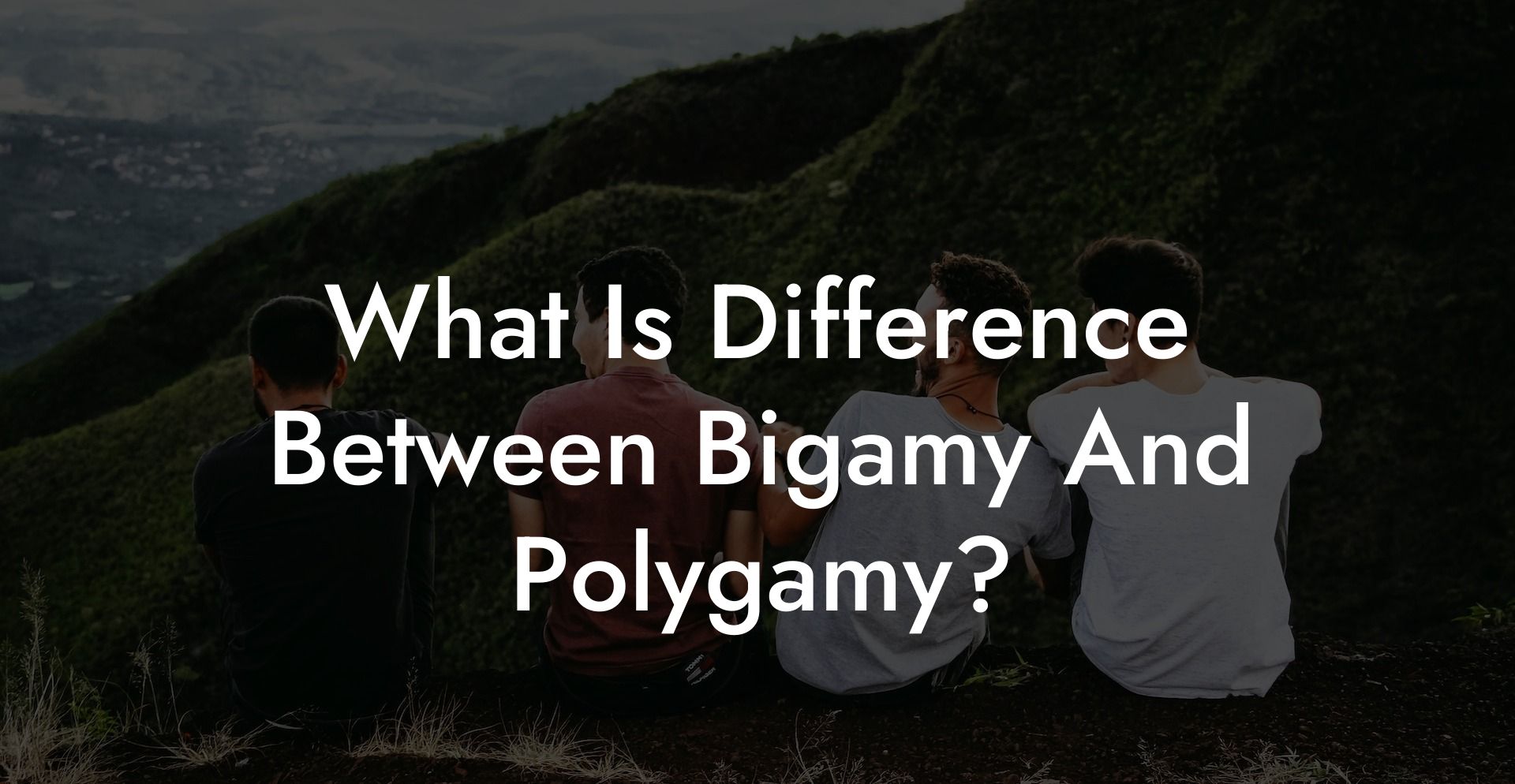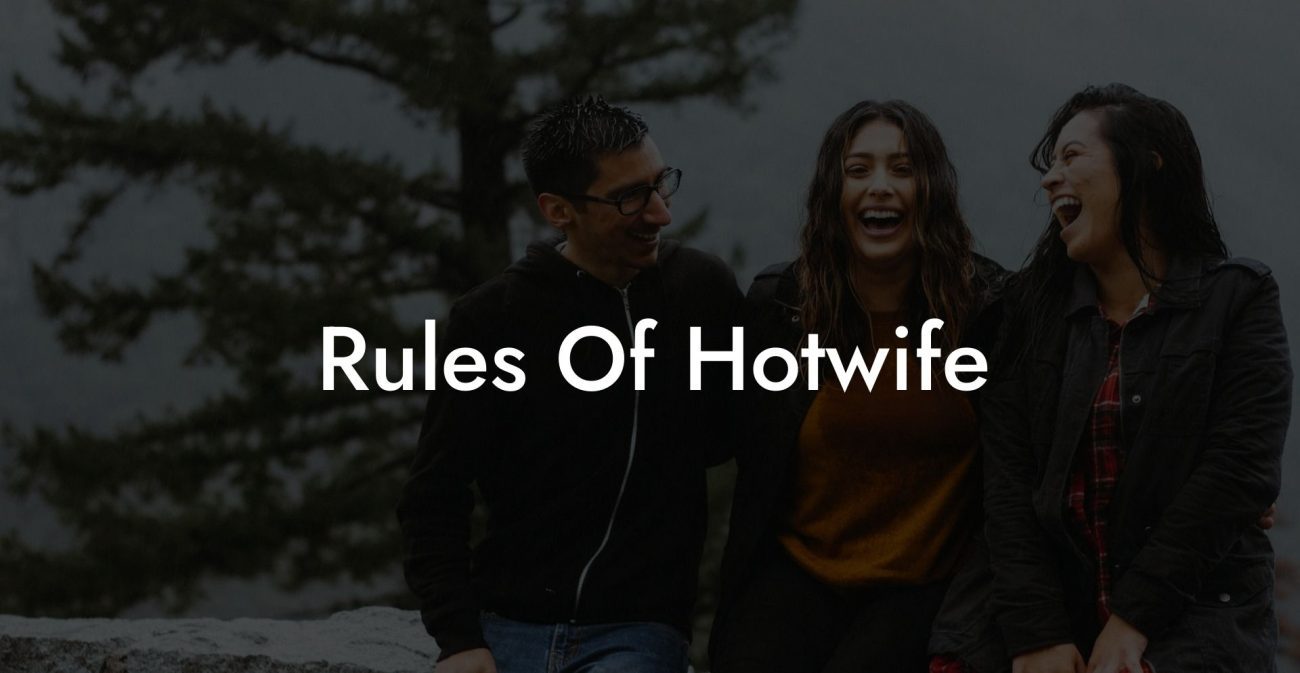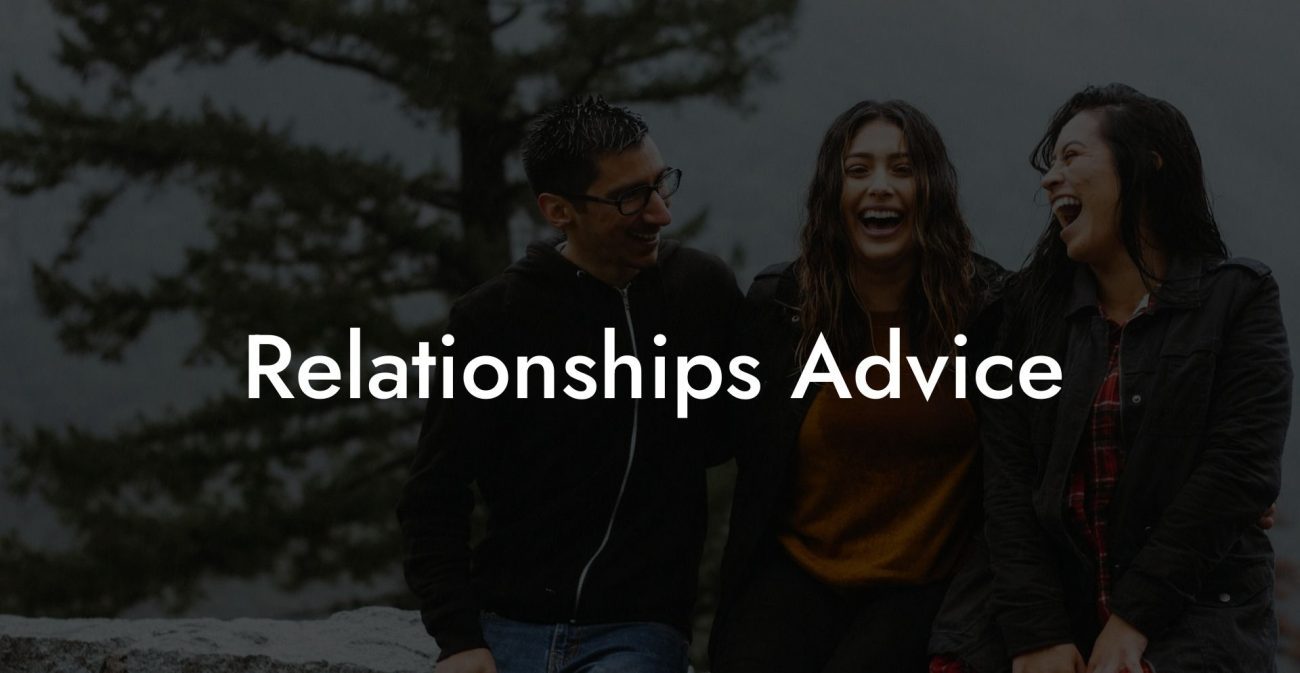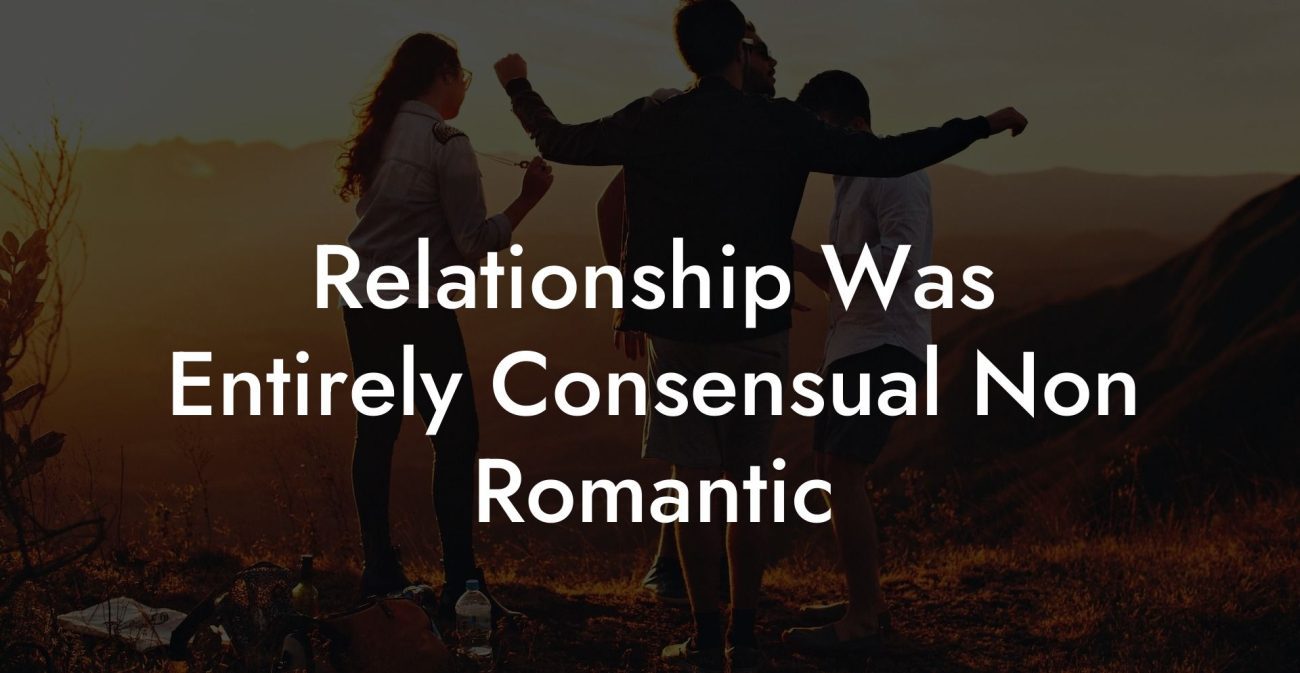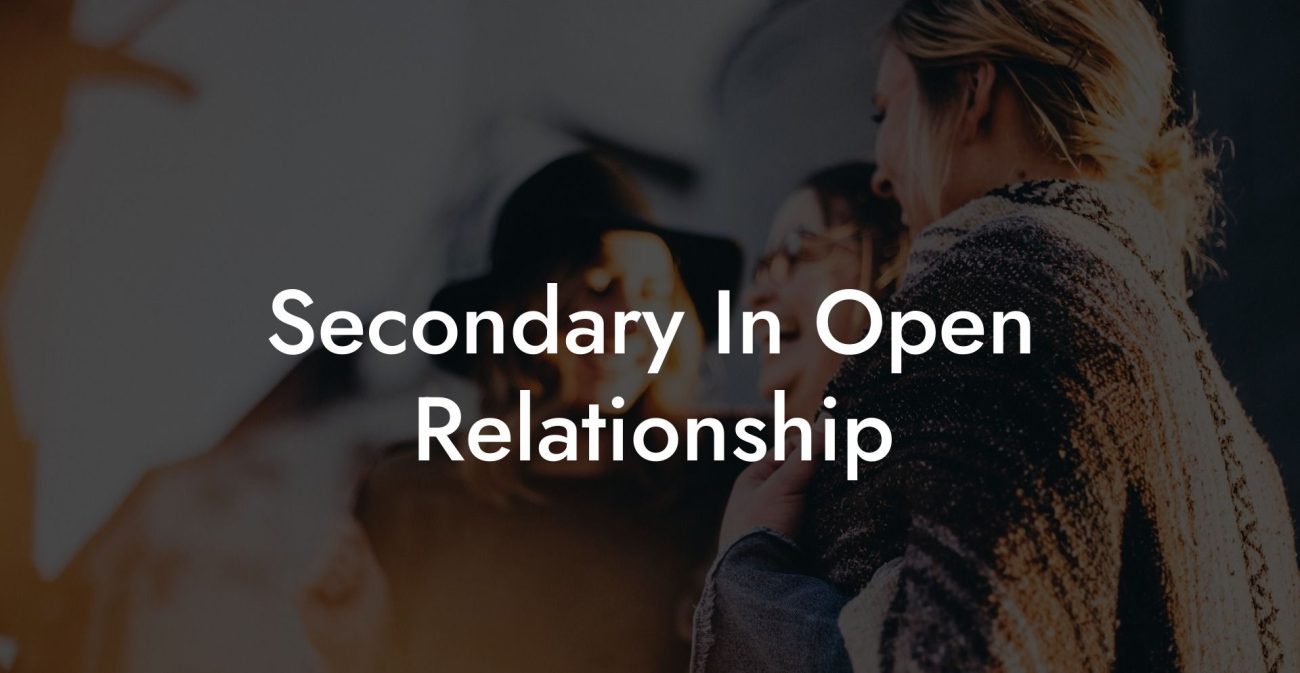When it comes to the concept of multiple romantic or marital partners, the terms bigamy and polygamy often crop up in conversations. However, many people might struggle to remember which term refers to what kind of relationship, especially if they feel overwhelmed by the societal norms around monogamy. If you're one of those people, you're in the right place! In this engaging article, we will delve into the world of multi-partner relationships and explore the key differences between bigamy and polygamy. So, stick around and don't forget to share this informative post with your friends and check out our other content at The Monogamy Experiment!
What Is Difference Between Bigamy And Polygamy Table of Contents
Before we can fully understand the differences between bigamy and polygamy, it's essential to know the definitions of both terms. Merriam-Webster defines bigamy as "the act of entering into a marriage with one person while still legally married to another." In contrast, polygamy is described as "marriage in which a spouse of either sex may have more than one mate at the same time." In other words, bigamy refers to the illegal act of having two spouses simultaneously, whereas polygamy is a broader term encompassing relationships that permit multiple spouses or partners.
The primary difference between bigamy and polygamy lies in the legalities surrounding these relationship types. Bigamy is considered a criminal offense in many countries, including the United States, the United Kingdom, and Australia. It is seen as a form of marriage fraud because it involves deliberately deceiving one or both spouses about the legality of the marriage. Penalties for bigamy may include fines, imprisonment, or both.
Polygamy, on the other hand, is legal in some parts of the world, including certain regions of Africa and the Middle East. However, it remains illegal in most Western countries. There are two main types of polygamy: polygyny and polyandry. Polygyny, the more common variant, refers to a man having multiple wives, while polyandry involves a woman having multiple husbands. It is essential to note that while polygamy is not always considered illegal, it is generally frowned upon in many societies that prioritize monogamous relationships.
Difference Between Bigamy And Polygamy
To further illustrate the distinctions between bigamy and polygamy, let's examine a hypothetical scenario involving two individuals, Alice and Bob.
Scenario 1 - Bigamy
Alice and Bob get married in a lavish ceremony surrounded by friends and family. A few years later, Bob secretly marries another woman, Claire, without Alice's knowledge or consent. In doing so, Bob has committed bigamy, since he is now legally married to two people simultaneously. If Alice discovers this deception, Bob may face legal penalties.
Scenario 2 - Polygamy
Alice and Bob live in a region where polygamy is allowed. They decide to enter into a polygamous relationship, where both parties agree to have multiple partners. Alice marries two other men, while Bob marries two other women. All parties involved are aware of and consent to the arrangement. In this instance, their polygamous marriages are legal, and the individuals are free to engage in these relationships without fear of legal repercussions.
In conclusion, the significant difference between bigamy and polygamy lies in their legality and the element of deception involved. Bigamy is characterized by deceit and is punishable by law, while polygamy consists of consensual multiple-partner relationships that are legal in some regions. As you continue exploring the concepts of monogamy, non-monogamy, and polyamory at The Monogamy Experiment, it's essential to be aware of these differences.
We hope you found this article enlightening and engaging! Please don't hesitate to share it with others who might appreciate clarifying the distinctions between bigamy and polygamy. And while you're at it, take a look at our other blog posts to learn more about relationships and the thrilling world of alternative relationship dynamics!

